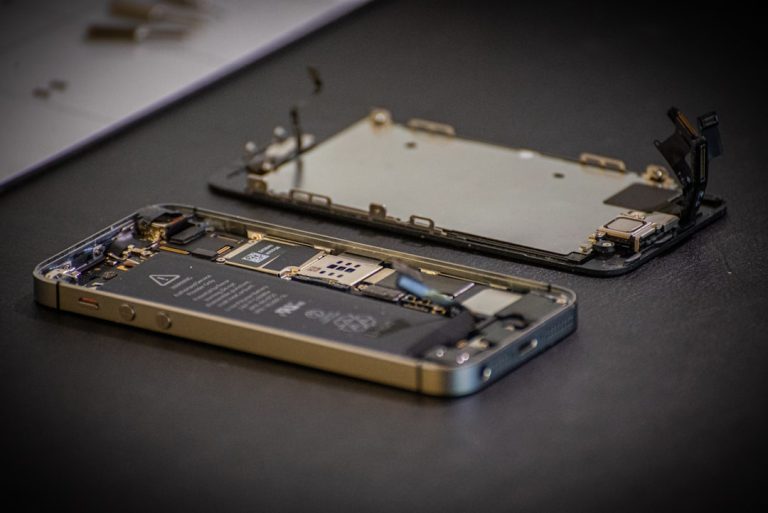How To Repair Credit
Having a good credit score is essential for your financial well-being. It affects your ability to secure loans, rent an apartment, and even get a job. If you have a low credit score, don’t worry – there are steps you can take to repair it and improve your financial standing. In this comprehensive guide, we will discuss how you can repair your credit and boost your credit score.
1. Check Your Credit Report
The first step in repairing your credit is to check your credit report. You are entitled to one free credit report every year from each of the three major credit bureaus – Equifax, Experian, and TransUnion. Review your report carefully for any errors or fraudulent activity that may be dragging down your score.
2. Dispute Errors
If you find any errors on your credit report, such as incorrect account information or fraudulent activity, you should dispute them with the credit bureau. Provide any supporting documentation to back up your claim and request that the errors be corrected.
3. Pay Your Bills on Time
One of the most important factors in determining your credit score is your payment history. Make sure to pay all of your bills on time each month to avoid negative marks on your credit report. Set up automatic payments or reminders to help you stay on track.
4. Reduce Your Debt
High levels of debt can negatively impact your credit score. Work on paying down your existing debt, starting with high-interest accounts first. Consider consolidating debt or transferring balances to lower interest rate accounts to help expedite the process.
5. Keep Your Credit Utilization Low
Credit utilization refers to the amount of available credit you are using at any given time. Aim to keep this ratio below 30% to demonstrate responsible credit management. Avoid maxing out your credit cards and consider requesting a higher credit limit to lower your utilization ratio.
6. Build Positive Credit History
In addition to managing existing debt, it’s essential to build positive credit history. Consider opening a secured credit card or becoming an authorized user on someone else’s account to establish a positive payment history. Make small purchases and pay off the balance in full each month to boost your score.
7. Avoid Opening Too Many Accounts
While having a mix of credit accounts can benefit your score, opening too many accounts in a short period can raise red flags for lenders. Be strategic about the types of accounts you open and only apply for credit when necessary.
8. Be Patient
Repairing your credit takes time, so be patient and consistent with your efforts. Monitor your progress by checking your credit score regularly and celebrate small victories along the way.
9. Consider Credit Counseling
If you’re struggling to manage your debt or make progress on repairing your credit, consider seeking help from a reputable credit counseling agency. A counselor can provide personalized advice and assistance in creating a plan to improve your financial situation.
By following these steps and staying committed to improving your financial health, you can repair your credit and boost your credit score over time. Remember that building good credit is a journey, but with diligence and discipline, you can achieve a brighter financial future.






